Otumoetai Rotary hear talk about Positive Ageing
 Growing up in the 50s, 60s and 70s was within a closed economy where when friends were going overseas they were given a shopping list of items to buy that couldn’t be purchased in New Zealand. Life expectancy was lower. When Adrienne went to university she tried to study geography but when she found
Growing up in the 50s, 60s and 70s was within a closed economy where when friends were going overseas they were given a shopping list of items to buy that couldn’t be purchased in New Zealand. Life expectancy was lower. When Adrienne went to university she tried to study geography but when she foundout there were no jobs for forestry for women she chose to study economics instead.
When she graduated she joined the Public Service in Treasury because there was no equality of pay for women in the private sector.
Despite being the first female to be appointed to a high-level parliament staff job many people still looked for males to do the job.
The Ageing Well National Science Challenge has identified three research strands. $14 million is being distributed to research these strands.
MSD is undertaking a project called the Business of Ageing where they are investigating how older people are contributing to the economy. The Chamber of Commerce, Age Concern and Priority One ran an event around retaining and employing older workers is becoming an increasingly smart solution for businesses. Age Concern provides lots of positively ageing services. There are 4523 volunteers who donate 180,000hours.
Our Visionis to grow as a vibrant and professional group of diverse, supportive members who make a positive difference by supporting the community.
Tomorrow’s older people:
• Will have more cultural diversity
• Will have greater virtual connectivity with children
• Their children less directly available to support parents
• ‘Tenure revolution’ – more older people renting
Sport NZ / Sport Bay of Plenty have developed a project on Active Older People. A draft report will be released soon as a discussion document for 2016-2020. It is based on going out and talking to older
people.
1 in 3 women and 1 in 5 men over the age of 50 will experience a fracture. Osteoporosis New Zealand is trying to bring this to the attention of older people. The stronger your bones are at 35 the lower risk you will have later in life. Keeping bones strong over a lifetime is a longstanding challenge for medical health research and treatment.
Distinguished Professor Ian Reid’s 30-year research career has led to discoveries and new treatments that can improve bone health. In this lecture, he will discuss the impact and treatment of bone diseases,
including osteoporosis and Paget’s disease. Ian will be speaking at Café Scientifique on the 17th of October. Adrienne is willing to share her notes with anyone who would like them. She can be contacted at
adrienne@mdl.co.nz
